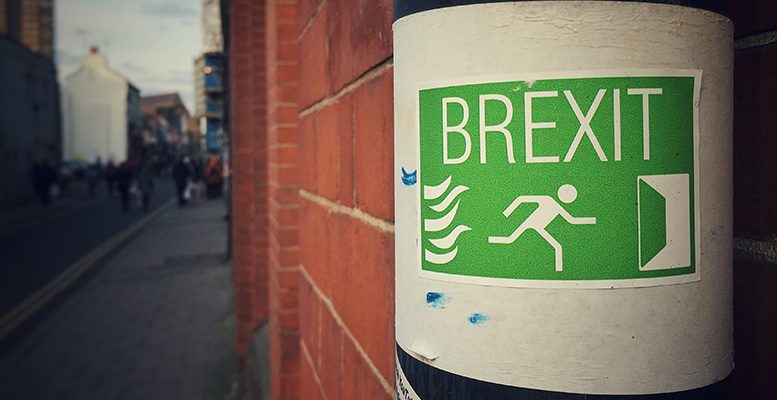Shaun Riordan | The British have voted decisively to leave the EU. The demographics of the referendum suggest that ordinary voters wanted to give the metropolitan elite kicking. For the British, this was their Trump moment. But now begin the months and years of uncertainty. This is not a single event which markets can price in, but rather a process which will continue to drive volatility in currency and equity markets for the foreseeable future.
The first uncertainty will arrive in the UK. Prime Minister Cameron was severely weakened by defeat in the referendum. It is no surprise that he has resigned. The fight will now begin to succeed him before the Conservative Party Conference in October. During the campaign, Cameron said that he would formalize the decision to leave the EU by invoking Article 50 of the Lisbon Treaty without delay, probably before the summer break. But was just campaign talk. He has now said he will leave the decision to his successor. The leaders of the leave campaign have argued for extensive consultations with EU leaders before invoking Article 50. Depending on who succeeds Cameron, this could see the start of the formal leave process kicked off until the end of the year. Whenever Article 50 is formally invoked, it will start two years (at least) of intensive negotiation with the European commission over the U.K.’s future status.
The second uncertainty is how EU leaders will react. The immediate concern for the Commission and countries like Germany and France will be to avoid a domino effect, whereby other countries followed the U.K.’s lead, or take advantage of the crisis to demand greater freedom from Brussels (e.g. opt out from migration quotas or other unpopular European legislation). They will also be concerned about the oxygen the Brexit vote will give to Eurosceptic populist parties in Europe, like the Front National or AfD. Geert Wilders of the Dutch far right Freedom Party is already calling for a “Nexit” referendum in the Netherlands. One option would be to take a tough line with the UK, both to punish British Brexit voters and to send a message to others thinking of similar effrontery. But a hardline will not be straightforward. Decisions on negotiations with the British will be taken by qualified majority voting by the remaining 27 members, and some at least of these will be sympathetic to the British. Moreover, Britain runs a trade deficit in visible goods with the rest of the EU. European manufacturers will not be keen to lose access to the UK export market. Nor will Mediterranean countries be keen to lose their British tourists.
A third area of uncertainty will be what this means for Europe itself. Brexit will force Europe’s elite to accept that the current model of a three speed Europe with institutions designed for a single speed Europe does not work. A Union which can have internal currency wars, which happened last year between the ECB and Swedish and Danish central banks, is not credible. But as the Euro is constructed, there are nine members (not including the UK) who may never join the Euro, either because they do not want to or because they will never meet the economic criteria. Either Europe radically reforms the euro, and the ECB, so that all members can join the Euro (accepting that some, for example Denmark, might fall off for political reasons) or it risks Brexit provoking progressive fragmentation. Confronting this at the same time as the Brexit distraction will not be easy.
Finally there is uncertainty about Britain’s constitutional future. Sinn Fein has already called for a referendum on Irish reunification. This is political posturing, for now, but tensions between the nationalist and Unionist communities in Northern Ireland will rise, especially if it looks like the border with the Republic of Ireland will be reimposed. Scotland maybe even more complicated. The strong support to remain within the EU there sets the context for a another referendum on independence, and many Scottish Nationalists are already demanding it. But Scotland’s First Minister Nicola Sturgeon will not want to call it unless she is certain she will win it. It is also more difficult to call now that she has lost her absolute majority in the Scottish Assembly. Expect her to use the uncertainty in London to delay a decision.
In short, uncertainty reigns everywhere. The Brexit vote has thrust both the UK and the EU into unknown territory, at a time when Europe is confronted by a series of existential external challenges. Companies and investors will need to follow closely the complex and evolving geopolitics of Brexit as financial and equity markets struggle to adapt.





